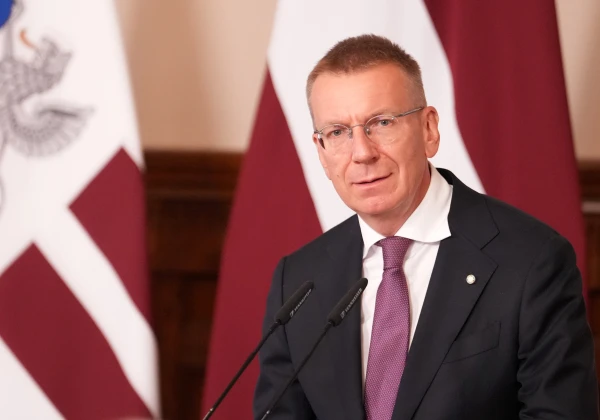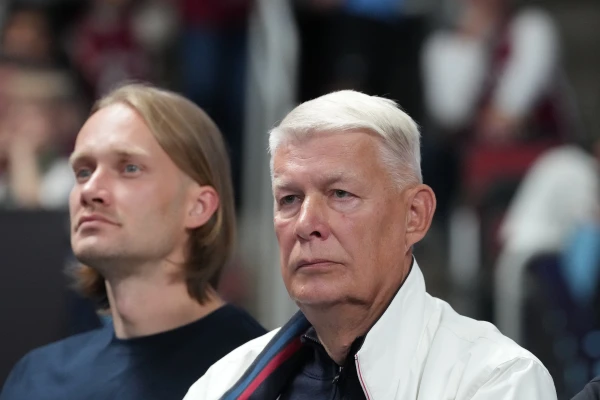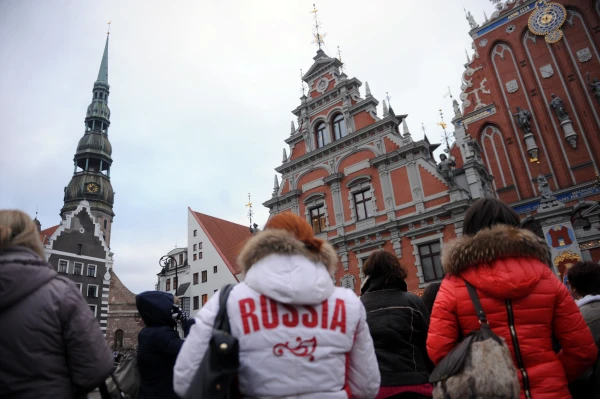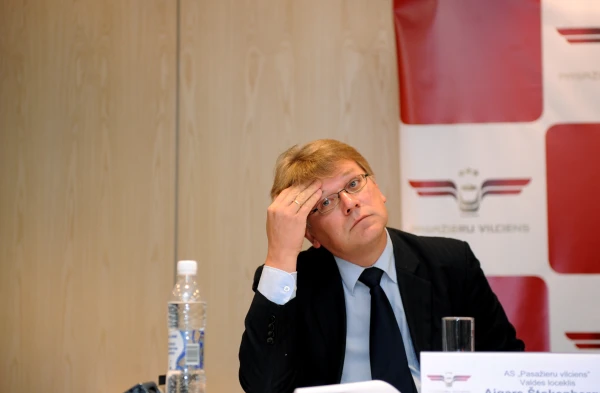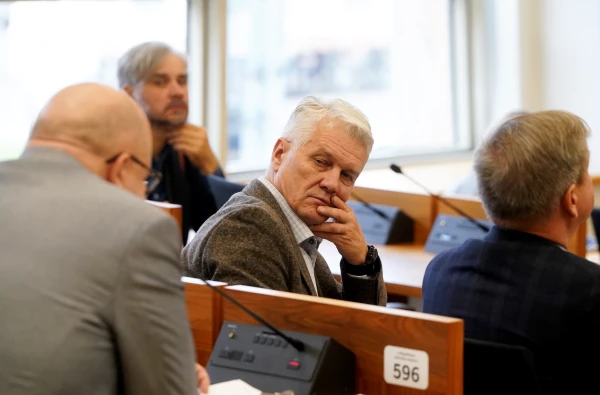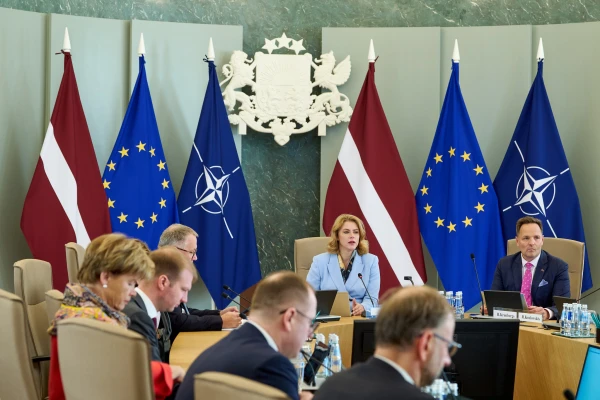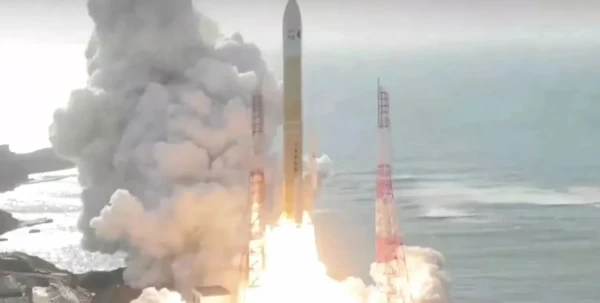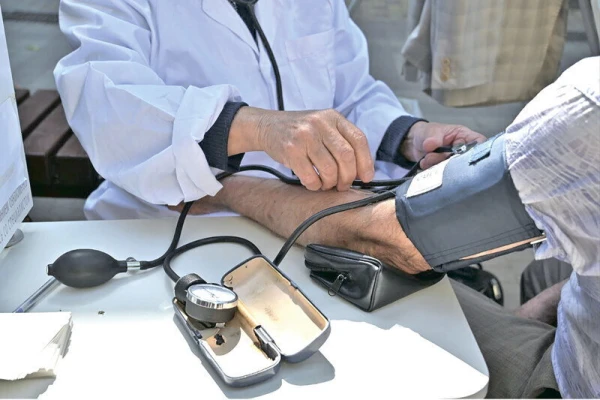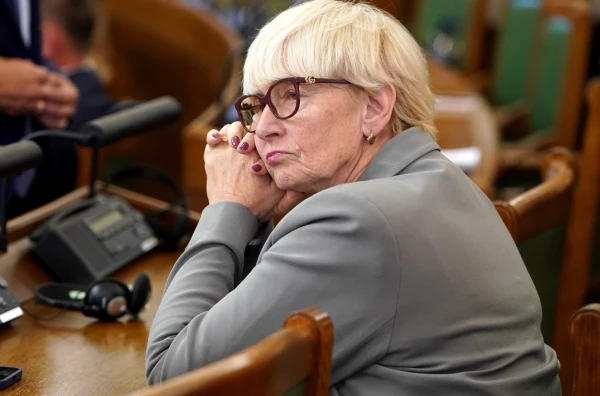
Today, the coalition has failed to secure a quorum for voting on contentious issues for the second week in a row.
On Thursday, after the opposition "disrupted the quorum," amendments to the pollution law were once again not adopted in the second (final) reading. These amendments provided for the transfer of the EU directive regulating the emissions trading system (ETS) into Latvian legislation under ETS2, which covers buildings, transport, and additional sectors.
As a result of the repeated voting on the sixth provision of the bill, 48 deputies voted. Due to the lack of a quorum, Saeima Speaker Daiga Mierina closed the parliamentary session.
The Saeima consists of 100 representatives. According to the Constitution and the parliamentary regulations, a session can only be considered valid with the participation of at least half of the deputies - that is, 50 people, which constitutes a quorum.
The opposition "disrupted the quorum" at the previous Saeima session as well, which prevented the consideration of several bills and led to the closure of the session.
The leader of the "United List" faction, Edgars Tavars, discussing the amendments to the pollution law, noted that the damage to society and the economy as a result would be immeasurably greater than the possible fines for non-compliance with the directives.
Tavars urged deputies, as he did a week ago, not to vote for this bill and not to support the related economic resilience bill. "Coalition, this is your responsibility, your obligations, you must ensure this," Tavars stated.
Deputy Atis Labutis ("New Unity") noted that today the Committee on Economic Affairs, Agriculture, Environmental and Regional Policy held an extraordinary meeting, during which the Ministry of Climate and Energy (MCE) clarified that if the law is not adopted, Latvia faces fines of several hundred million euros. The deadline is November 1. "I still urge you to use common sense and support [the bill]," Labutis said.
As reported, last week the parliament also did not adopt the bill, as coalition parties were unable to secure a quorum. At that time, 48 deputies voted several times for the first provision of the bill, after which the Saeima Speaker closed the session.
The MCE clarified that Latvia has still not implemented the EU directive, which has already led to three infringement procedures against the country. The implementation of amendments to the main ETS directive has been delayed for more than a year, creating a risk of fines from the EU, administrative difficulties for ETS operators, and complicating the administration of the system for all participants.
The bill is designed to improve and update the regulation of climate policy within the ETS in Latvia, taking into account changes in the structure of institutions. Since 2001, 21 amendments have been made to the law, making the ETS norms difficult to perceive and requiring structural revision.
The bill includes a new chapter on the EU emissions trading system, covering ETS and ETS2, including conditions, requirements, permits, and obligations. Conditions from other sections have been removed from the ETS.
The amendments also establish requirements for operators, air carriers, shipping companies, and fuel and combustible operators. Operators must take measures to reduce greenhouse gas (GHG) emissions. To assess changes in emissions, operators will need monitoring.
The State Environmental Service (SES) will determine which installations require emissions permits. In the case of operation without a valid permit, the SES will be able to issue an administrative act to suspend the operation of the installation.
The law includes changes for the implementation of ETS2 in Latvia, covering fuel consumption in buildings, transport, and additional sectors (industrial sectors not covered by ETS). From 2028, ETS2 quotas for fuel operators will be allocated proportionally to consumption.

